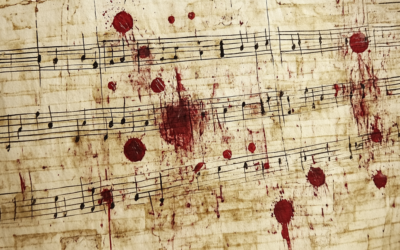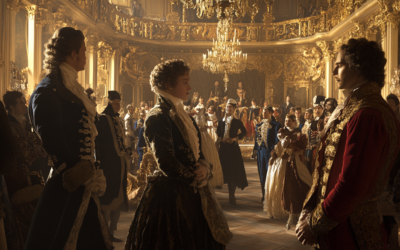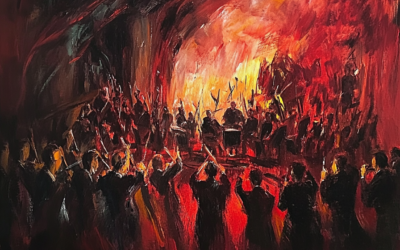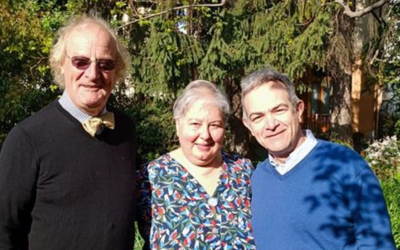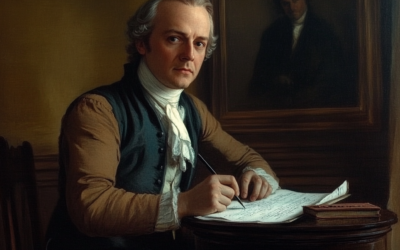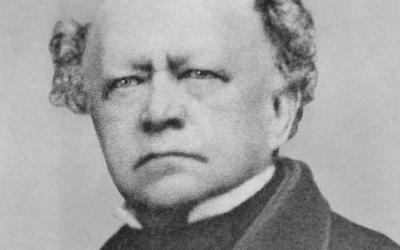A Revolutionary Encounter at Cremona Musica
Presenting Mozart: The Fall of the Gods at the World’s Most Prestigious Music Fair
We’re honored to have taken part in the remarkable atmosphere of Cremona Musica, a festival renowned worldwide for bringing together the finest names in music and lutherie. It’s here, at this grand fair, that we presented our latest work, Mozart: The Fall of the Gods. This book is the culmination of our research into Mozart’s true legacy, seeking to unravel the myth and bring clarity to his legacy with documented sources and in-depth analysis.
Mozart: The Fall of the Gods
This book offers a fresh and critical look at the life of Wolfgang Amadeus Mozart, challenging the myths that have surrounded him for centuries. We strip away the romanticised image of the “natural genius” and delve into the contradictions within Mozart’s extensive biographies. Backed by nearly 2,000 meticulously sourced citations, this work invites readers to explore a deeper, more complex understanding of Mozart. Perfect for those who wish to question the traditional narrative, this biography is a must-read for serious music lovers and historians.
"Cremona Musica: a global fairground where excellence meets exchange, and every voice is invited to the conversation."
@MozartrazoM
We’re honored to have taken part in the remarkable atmosphere of Cremona Musica, the world’s leading music fair and a global hub for musicians, luthiers, and music enthusiasts. Recognized as the premier international gathering for fine instruments and music professionals, Cremona Musica represents the pinnacle of musical excellence and innovation. To be invited to present at this prestigious event is a source of great pride for us, and we are grateful for the opportunity.
Our presentation of Mozart: The Fall of the Gods – Part Two was met with an exceptional response. Engaging with a diverse audience, we shared insights from our work and encouraged open discussion. This fair offers more than an exhibition space; it’s a unique arena for the respectful exchange of ideas and in-depth dialogue that pushes the boundaries of conventional musical scholarship.

Our second conference at Cremona Musica focused on the fascinating legacy of the Neapolitan school, specifically the study of partimenti, a unique pedagogical tool that influenced generations of composers. Alongside internationally acclaimed guitarist and soloist Maestro Edoardo Catemario, we explored the rich heritage of these musical exercises, illustrating their importance with select examples. The Maestro’s expertise brought new depth to our discussion, capturing the enduring relevance of the Neapolitan method and its influence on classical music.
Cremona Musica’s world-renowned reputation is built not only on its unmatched gathering of instruments and exhibitors but also on its high-quality events, featuring over two hundred performances, conferences, and masterclasses each year. For us, this fair was not merely a showcase but a milestone moment of dialogue and mutual enrichment. We extend our gratitude to the organizers, our fellow presenters, and the vibrant audience that made this year’s event truly memorable.
You May Also Like
The London Pieces: Mozart or Make-Believe?
The London pieces, edited for modern tastes, lose their authenticity. Only the uncorrected originals show Mozart’s true early voice—naïve yet authentic.
The Myth of the “Viennese Classics”: Mozart’s True Heritage and the Empire’s Agenda
Mozart wasn’t the quintessential Viennese; rather, he was shaped by German heritage and an opportunistic empire that controlled music as fiercely as it did its people.
The Nationalistic Roots of the Philharmonic Legacy
Under Goebbels, the Berliner Philharmoniker became an instrument of Nazi propaganda, framing German composers as the supreme guardians of musical heritage.
Australian Scholars Confirm Our Findings on Mozart’s Forged Catalogue
Professor Martin Jarvis of Darwin University confirmed our long-held findings that Mozart’s personal catalogue is a forgery, during his recent lecture The Mozart Scam. Forensic analysis continues to unravel the myths surrounding Mozart’s legacy.
The Italian Journey
The Mozarts’ Italian journey of 1769 was not a leisurely Grand Tour but a strategic mission driven by ambition, navigating the treacherous roads of 18th-century Europe in pursuit of fame and fortune.
Mozart’s Music or Marketing Strategy?
Despite Köchel’s best intentions, his catalogue of Mozart’s works became a commercial tool, filled with questionable pieces added by publishers keen on profit rather than accuracy.


